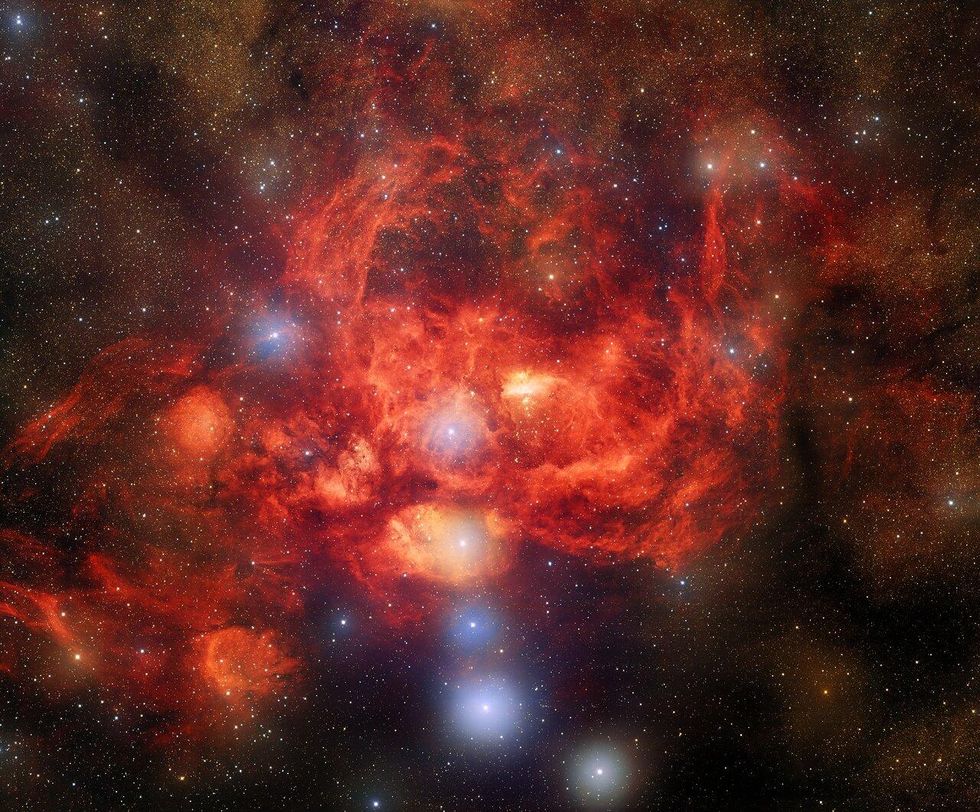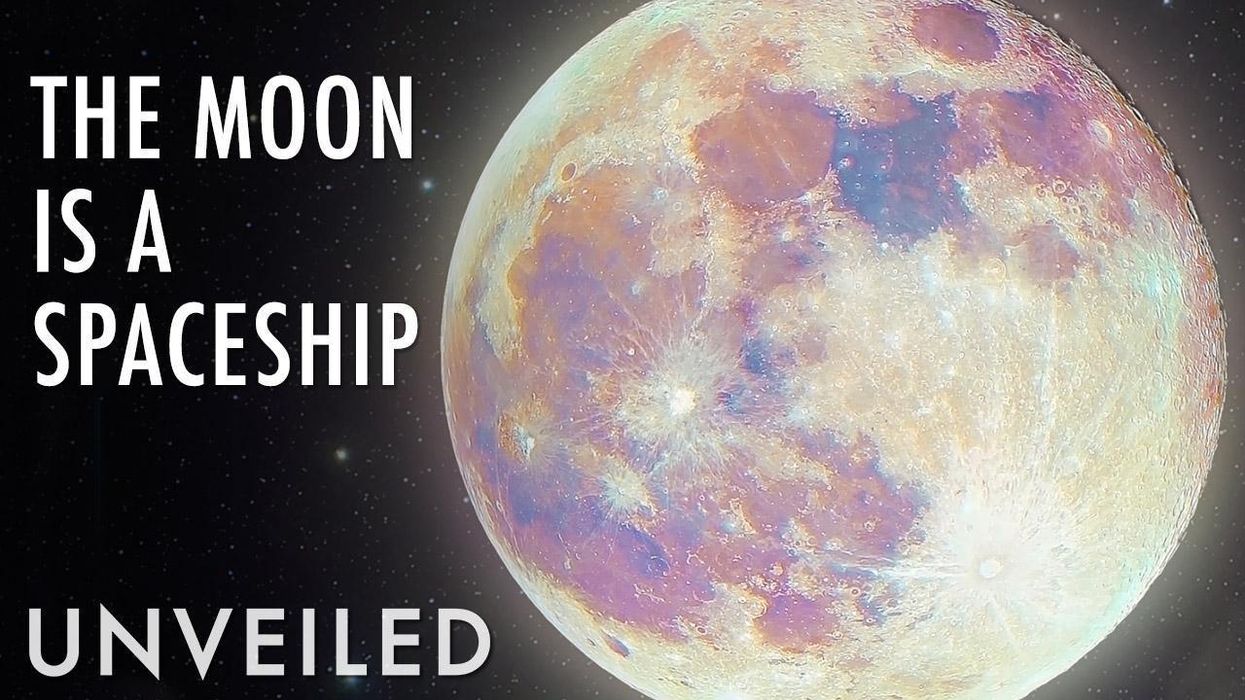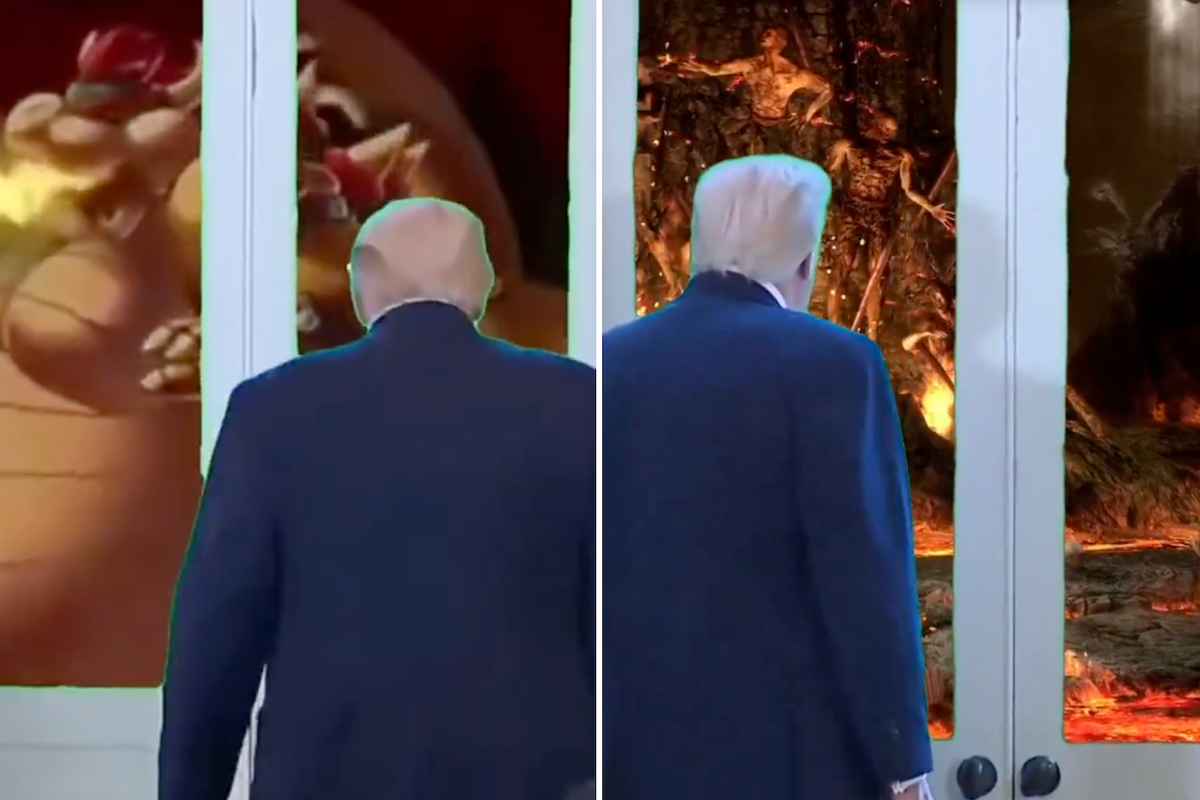Science & Tech
Becca Monaghan
Sep 14, 2022
The Strange Theory That The Moon is an Alien Spaceship | Unveiled
Unveiled
A camera built to uncover dark energy in the universe has captured a stunning new image of a star-forming region nicknamed 'Lobster Nebula'.
The impressive image shows a region 400 light-years across, with scattered stars intertwined with dust and clouds. The centre shows what astronomers call an open star cluster, a name to describe a group of huge and forming stars.
The tiny speckles dotted around are baby stars that haven't fully emerged yet.
The National Science Foundation’s (NSF) NOIRLab is responsible for the camera and is the "ground-based optical-infrared astronomy, enabling breakthrough discoveries in astrophysics by developing and operating state-of-the-art ground-based observatories and providing data products and services for a diverse and inclusive community."
Sign up to our free Indy100 weekly newsletter

According to NOIRLab, DECam was specifically for the Dark Energy Survey and was operated by the Department of Energy (DOE) and the National Science Foundation (NSF) between 2013 and 2019.
The high-performance camera can deliver 400 to 500 images per night. "It boasts 62 science CCDs and 12 CCDs for guiding and focus, with 570 megapixels, and images a 3-square-degree field (2.2 degrees wide) at a resolution of 0.263 arcsecond per pixel. DECam is a facility instrument, available to all users," they wrote.
Astronomers believe that dark energy accelerates the expansion of the universe. Such images help scientists study how distant objects move in space.
According to NASA, "It turns out that roughly 68 per cent of the universe is dark energy. Dark matter makes up about 27 per cent. The rest—everything on Earth, everything ever observed with all of our instruments, all normal matter—adds up to less than 5 per cent of the universe."
Have your say in our news democracy. Click the upvote icon at the top of the page to help raise this article through the indy100 rankings.
Top 100
The Conversation (0)














